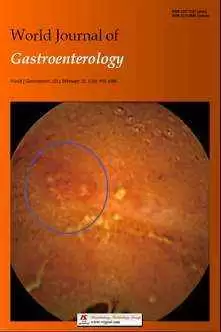
Celiac.com 03/25/2011 - A group of researchers recently set out to evaluate cladribine [2-chlorodeoxyadenosine (2-CdA)] therapy in refractory celiac disease (RCD) â…¡.
The team included Greetje J. Tack, Wieke H. M. Verbeek, Abdul Al-Toma, Dirk J. Kuik, Marco W. J. Schreurs, Otto Visser, Chris J. J. Mulder of the Department of Gastroenterology and Hepatology, at VU University Medical Center, Amsterdam, The Netherlands.
Celiac.com Sponsor (A12):
Between 2000 and 2010, the research team conducted an open-label cohort-study of RCD â…¡ patients treated with 2-CdA. They assessed survival rate, enteropathy associated T-cell lymphoma (EATL) occurrence, clinical course, and histological and immunological response rates.
The study followed a total of 32 patients over an average 31-month period. Eighteen patients responded well to 2-CdA. Patients responsive to 2-CdA showed markedly higher survival rates, compared to unresponsive patients.
The responder group showed an 83% survival rate at the 3- and 5-year mark, compared to rates of 63% and 22% in the non-responder group. The responder group showed an 81% clinical, histological and immunological response rates at the 2-year mark, compared to rates of 47% and 41% in the non-responder group. 16% of non-responsive patients progressed into EATL, and all of these patients died.
Because 2-CdA shows excellent clinical and histological response rates, and probably less frequent transition into EATL, it looks like a promising treatment for RCD II.
Source:
-
Open Original Shared Link





Recommended Comments